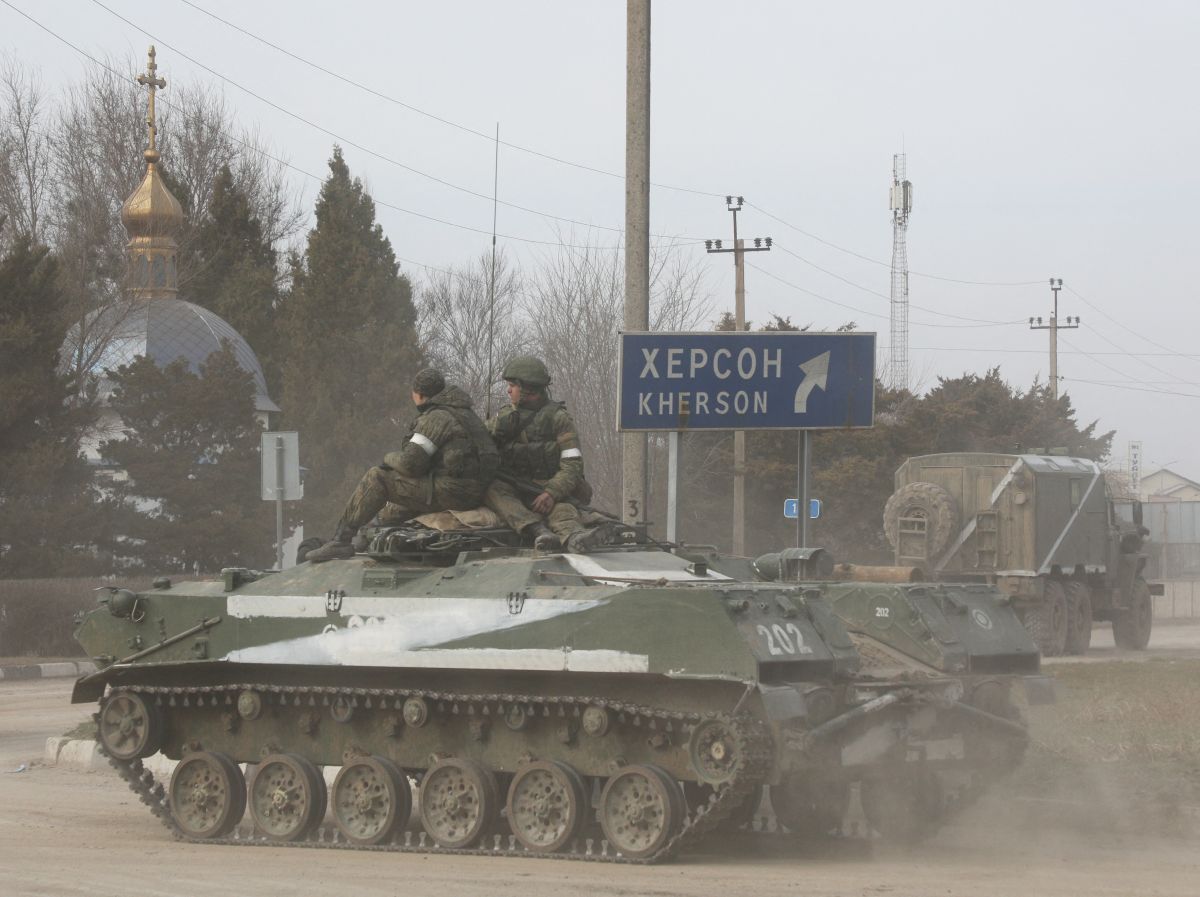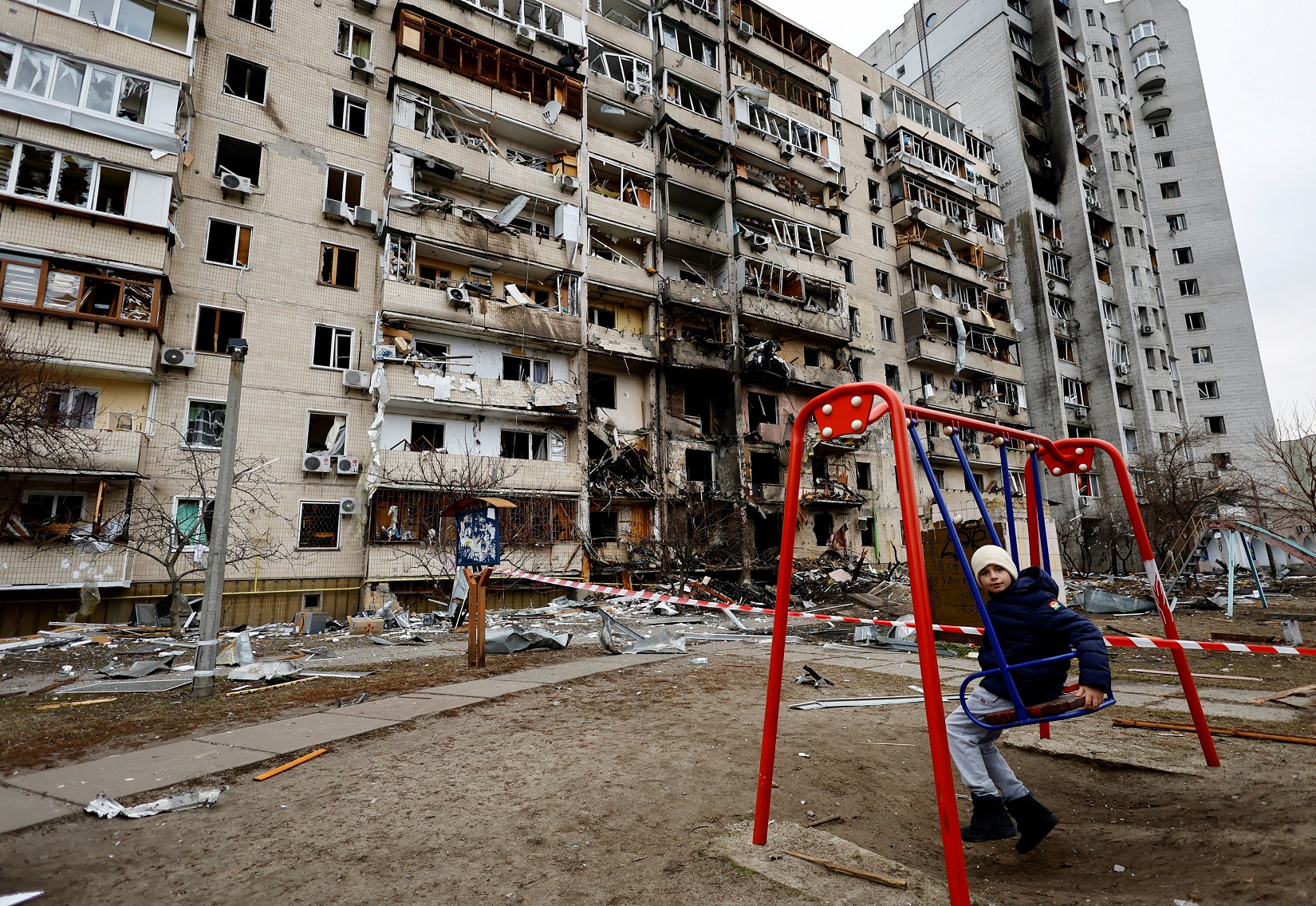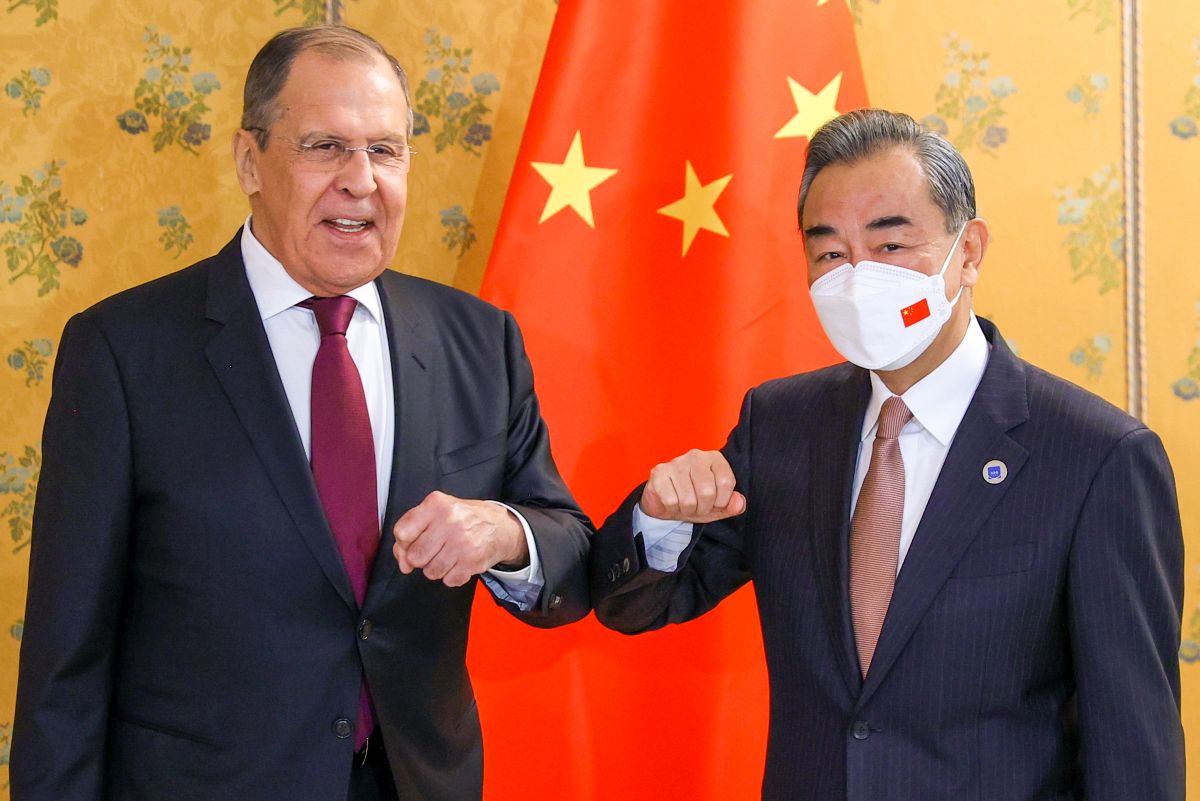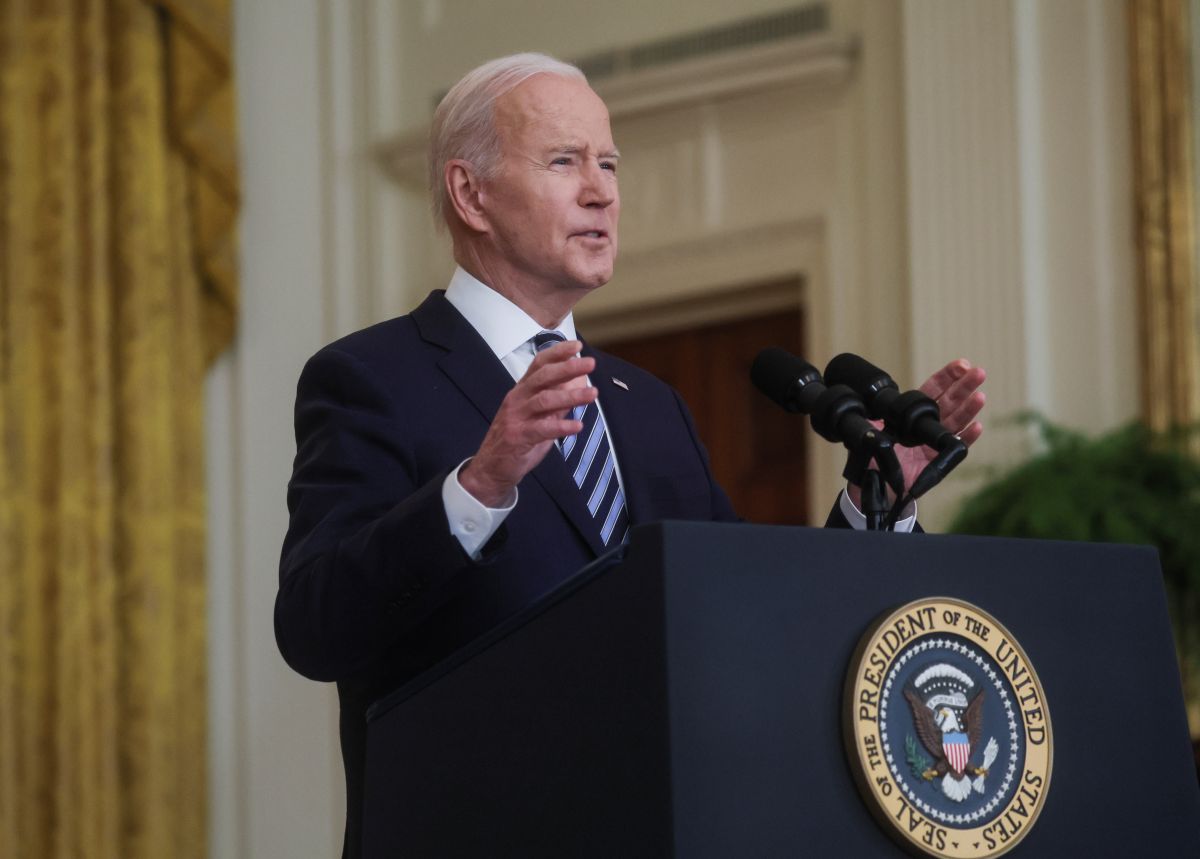Impact of Western Sanctions on the Russian Economy
Russia has already been hit hard by the sanctions imposed for its aggression against Ukraine. They affect especially the rouble exchange rate and the banking sector. In the longer term, the sanctions will limit Russia’s economic development, including by reducing foreign trade and investment. The effectiveness of the restrictions will largely depend on identifying and limiting the possibility of circumventing them.
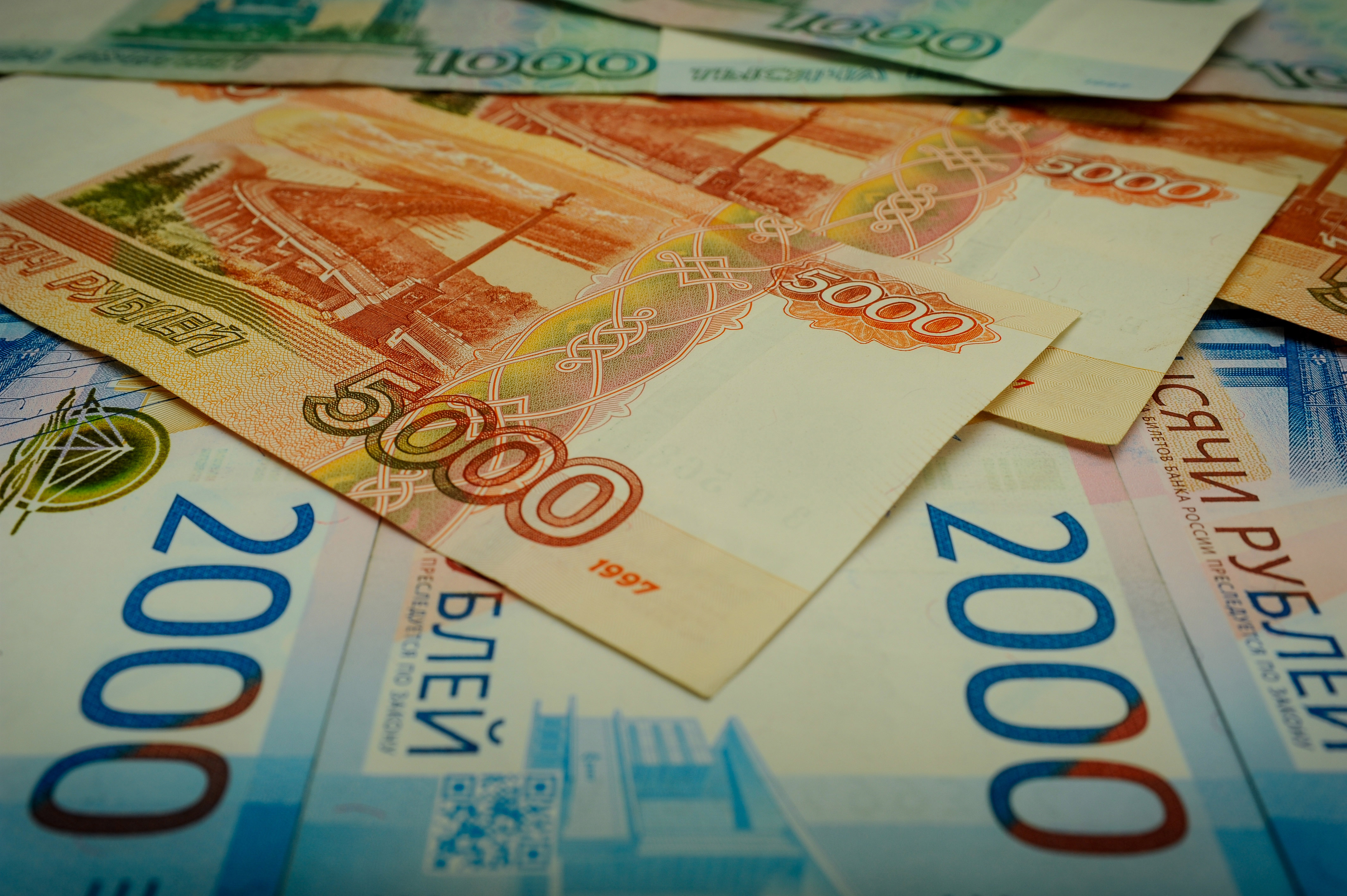 Fot. Demian Stringer/Zuma Press/Forum
Fot. Demian Stringer/Zuma Press/Forum
What economic sanctions have been imposed on Russia so far?
The scope of the restrictions imposed by the EU, the U.S., their allies, and others is broad and diverse. They can be divided into three main groups. The first is financial sanctions aimed primarily at the Russian banking sector. The key is to freeze part of the Russian central bank’s reserves held in other countries or by suspending transactions in foreign currencies, including in dollars and euros (about half of the bank’s approximately $640 billion in reserve) and the decision to block access of selected banks (up to now seven institutions) to the SWIFT international settlement system, which facilitates the execution of transactions. Banks representing around 70% of Russian assets have been cut off from the foreign financial market (either in terms of making currency transactions or access to financing). Trading in Russian treasury bonds has been also banned. The second group consists of trade restrictions, including a halt on the export of technologies in strategic sectors, such as energy, to Russia. The third consists of personal sanctions imposed, among others, on Russian oligarchs, members of the government and the Security Council of the Russian Federation (SC RF), as well as the President of Russia Vladimir Putin himself. The list of sanctions and their scope are still being developed.
What are the effects?
The sanctions have quickly turned out to be severe for the Russian economy. In the period from 25 February to 2 March, the rouble weakened by almost 30% against the dollar . Trading on the Moscow stock exchange was suspended, and the stocks of Russian companies on foreign stock exchanges dropped drastically (e.g., MSCI Russia in London fell by around 50% on 1 March) or trading in them was temporarily suspended, such as in the U.S. In the meantime, Russian citizens have been trying to get cash from ATMs—since the beginning of the week a total of around $15 billion was taken out—which puts pressure on the banking sector. Due to the weakening of the Russian currency, the costs of importing both consumer goods and industrial components will increase in the short term. Shortages of products may also appear soon (e.g., some automotive concerns have announced the suspension of deliveries). Public sentiment is likely to worsen as the banking crisis deepens, recession hits, and the living standards of Russian citizens drop. At the same time, the prices of raw materials on world markets are increasing, including energy (e.g., oil), food (e.g., wheat) and metals, of which Russia is one of the leading exporters. However, the profits to the Russian economy from the sale of these goods will be limited by the problems with the settlement of transactions without the use of the SWIFT system, among others.
How has Russia responded?
The reaction of the Russian authorities shows that they are aware of the severity of the sanctions. Currently, the main goal is to defend the rouble. Therefore, on 28 February, the central bank drastically raised interest rates from 9.5% to 20%. This is also supposed to limit the rise in inflation (which this year was already at almost 9% before the invasion). However, due to the freezing of some of the central bank’s reserves, its capability to intervene in the market are limited. In addition, from 1 March, regulations apply that, among others, require exporters to buy roubles with 80% of the foreign currency obtained from the implementation of foreign contracts, and residents in Russia cannot grant loans in foreign currencies or deposit them into accounts in foreign banks. The government also announced a temporary ban on the sale of Russian assets by foreign entities, and Dmitry Medvedev, deputy chairman of the SCRF, suggested the possibility of nationalising the property of people and entities from “unfriendly” countries. Further government intervention is also possible, such as subsidising purchases of consumer products, which, however, will have an additional negative impact on the condition of public finances.
How may the sanctions affect the Russian economy in the long term?
The sanctions also will have a negative impact on Russia’s long-term development prospects. Difficulties in conducting trade and a deteriorating investment climate will result in an outflow of capital from Russia. More and more companies announce their withdrawal from Russian investments—some that have already announced it include oil giant BP (one of the largest foreign investors in the country) and the Norwegian Government Pension Fund Global (the biggest sovereign wealth fund in the world, with about $1.4 trillion worth of assets). Along with the difficulty in accessing credit, Russia will see a decline in investments, which are the key element of growth in the long run. Limiting the influx of technology and external capital to Russia will reduce its potential in areas such as energy, electronics, and defence. Many companies related to sectors that are heavily dependent on supplies from the West, such as aviation (about 80% of the aircraft fleet comes from Western countries, and the sanctions prohibit leasing or servicing them), may go bankrupt, which will result in a rise in unemployment. Moreover, Russia will become more economically dependent on its main trading partner, which is China.
How can the West still influence Russia’s economy?
The key will be to apply the restrictions with as much force as much as possible, especially by Russia’s important economic partners. In this context, the attitude of, among others, members of the Eurasian Economic Union (apart from Russia, it includes Belarus, Kazakhstan, Armenia and Kyrgyzstan) and China, which opposed the imposition of sanctions by the West, although it seems to be complying with them for the time being. Therefore, a clear message is needed from the governments imposing restrictions that any support for Russia in avoiding them or helping it in any other way (as is the case with Belarus) will result in the extension of the sanctions to this particular country.
Moreover, if the aggression against Ukraine continues, it may be possible for the West to impose further sanctions and convince other countries to follow them, including those holding Russian foreign exchange reserves (part of them, denominated in yuan, is held by China). The restrictions could include, for example, a limitation or suspension of the import of Russian crude oil and natural gas (Canada has already announced a ban on the import of Russian oil). It is also possible to diversify coal supplies (Germany has already announced that it will abandon its purchases in Russia). The above activities should, however, involve the preparation of supplies from other directions or the release of reserves in order to limit shortages in the supply of raw materials. The long-term boycott of Russian goods, already visible in some countries, may also hit the Russian economy as well as a ban on using ports, for example, in the EU (the UK has enacted a block on Russian ships at its ports). It is also possible to limit Russia’s use of special drawing rights (SDRs) within the IMF, which is a kind of currency created by the fund that can be used, for example, to exchange for other currencies, or as a repayment of loans.
How can the West support Ukraine economically?
In addition to hitting Russia’s economy, it is important to support Ukraine in resisting the Russian aggression. Western countries can, for instance, suspend the repayment of Ukrainian debt or even write off part of it, provide non-returnable financial support (including humanitarian) or purchase treasury bonds and planned Ukrainian war bonds, as funds can be spent on military equipment and supplies, for example. Actions may also be taken within the framework of international organisations, for example, by increasing the allocation of SDRs for Ukraine at the IMF, which the Ukrainian government discussed with partners, including the U.S., already in mid-February this year, as well as by strengthening support from the World Bank (up to now, it announced aid to Ukraine amounting to $3 billion).



